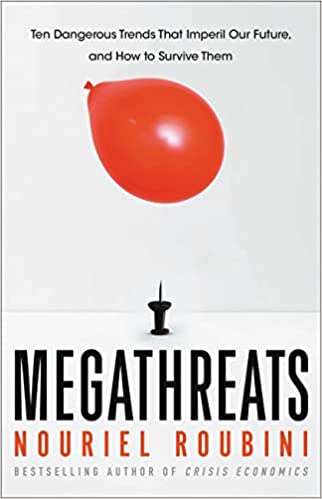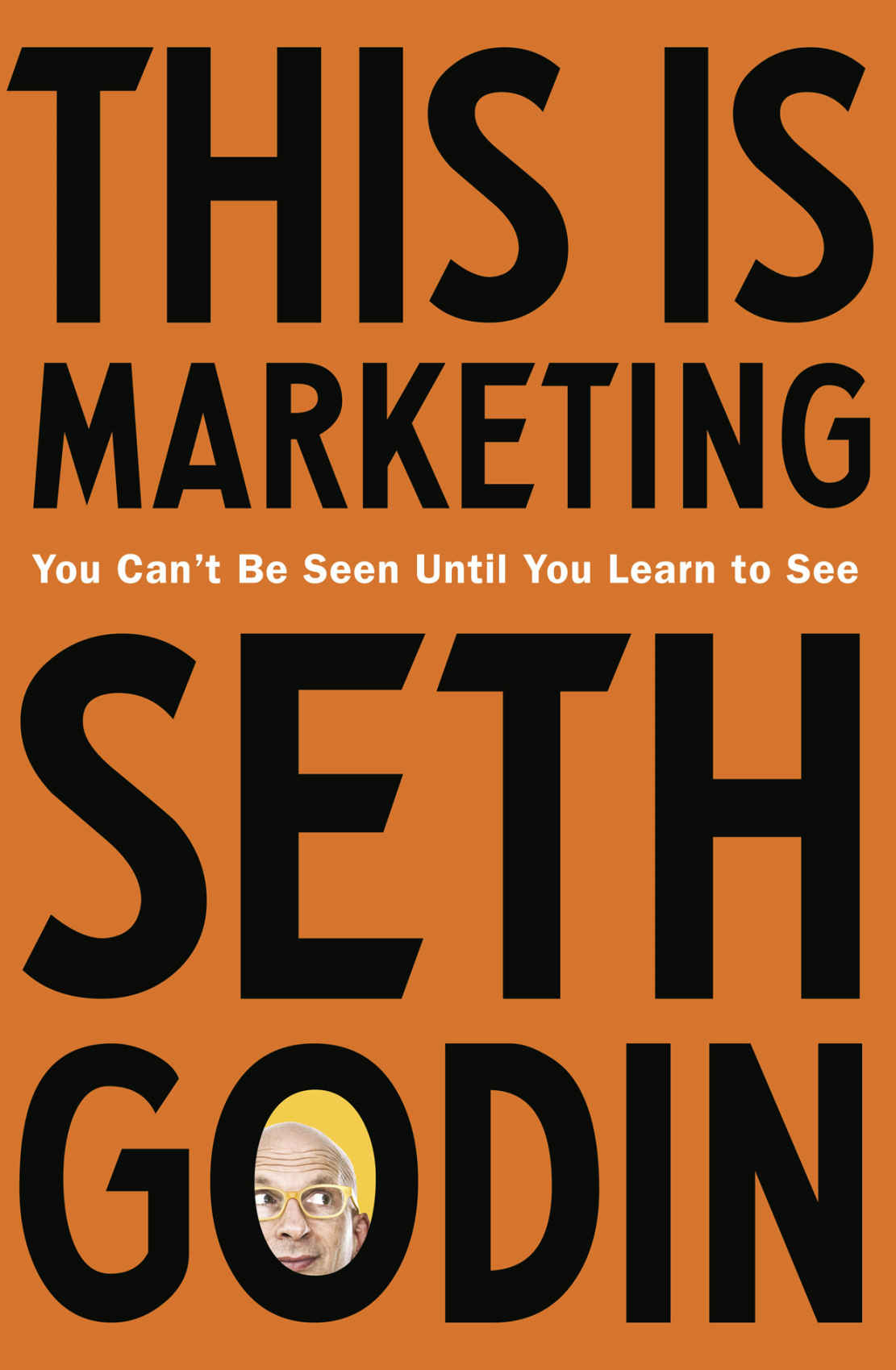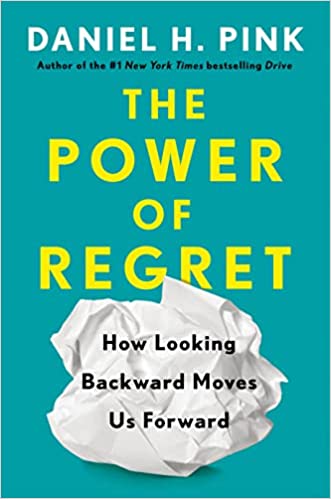| м„ёкі„лҠ” м§ҖкёҲ, м•”нҳёмқҳ л¬ёлӘ…мқ„ лӢӨмӢң м“°кі мһҲлӢӨ. мқёлҘҳмқҳ м •ліҙ мІҙкі„лҠ” мҲҳмӢӯ л…„ лҸҷм•Ҳ мҲҳн•ҷм Ғ лӮңм ңлҘј кё°л°ҳмңјлЎң м•Ҳм „н•ҳлӢӨкі лҜҝм–ҙмҷ”лӢӨ. к·ёлҹ¬лӮҳ м–‘мһҗм»ҙн“ЁнҢ…мқҙ к·ё лӮңм ңлҘј лӢЁ лӘҮ мҙҲ л§Ңм—җ н’Җм–ҙлІ„лҰҙ мҲҳ мһҲлҠ” мӢңлҢҖк°Җ лӢӨк°ҖмҳӨл©ҙм„ң, ліҙм•Ҳмқҳ м „м ңлҠ” л¬ҙл„ҲмЎҢлӢӨ. "нҸ¬мҠӨнҠём–‘мһҗліҙм•Ҳ(Post-Quantum Security)"мқҖ л°”лЎң мқҙ вҖҳкі„мӮ°мқҳ 붕кҙҙвҖҷ мқҙнӣ„лҘј лҢҖ비н•ҳкё° мң„н•ң л¬ёлӘ…мқҳ л°©м–ҙм„ мқҙлӢӨ. лҚ” мқҙмғҒ м•Ҳм „мқҖ м•Ңкі лҰ¬мҰҳмқҳ ліөмһЎм„ұмқҙ м•„лӢҲлқј, мғҲлЎңмҡҙ мҲҳн•ҷм Ғ м§Ҳм„ң мң„м—җ м„ёмӣҢм ём•ј н•ңлӢӨ. |






 [136]ұЗ
[136]ұЗ 




